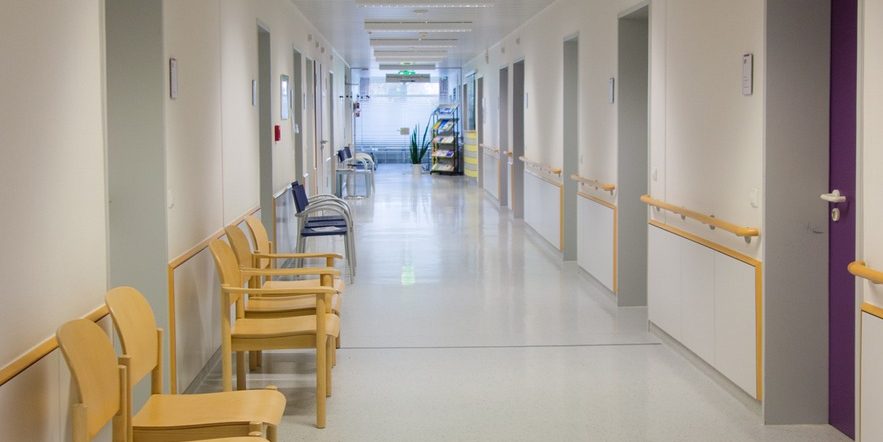Emergency wait times are a threat to our health

MONTREAL—Health care is regularly in the headlines, for obvious reasons: it will cost $375-billion in 2025, more than two-thirds of that from taxpayers. About 6.5 million Canadians don’t have a family doctor, more than 2.3 million of them in Quebec. This means many people—including me—must go to an emergency room for primary care or a severe health emergency.
In an unintended piece of investigative journalism, I spent close to a day in the emergency department of the McGill University Hospital Centre (MUHC) in Montreal. The hospital, completed in 2015 for $1.3-billion, claims to be one of the most modern in the world. It’s a five-minute walk from my Montreal pied-à-terre.
Early last week, I was feeling some fatigue and discomfort in Kamouraska, Que. Thinking I might have COVID, I took a test, which proved negative. The fatigue continued, and I became constipated. Then the pain began. I no longer have a family doctor, so I decided to put off a trip to the hospital in Rivière-du-Loup and try the MUHC.
Driving 400 kilometres to Montreal, the pain intensified; I was constipated, urinating frequently, and sweating. I thought it could be anything from my chronic diverticulitis, kidney stones, or my gallbladder as my father and sister had theirs removed later in life.
When I arrived in Montreal on the evening of Sept. 24 at 7 p.m. I immediately went to the MUHC emergency. There were about 60 people in the waiting rooms; I was rapidly triaged, with a note that I was “ambulatory.” Within half an hour, I saw a nurse who took my blood pressure and asked for a urine sample. There were people on stretchers being brought in, and I watched and waited.
As the night went on, I spoke to other patients, many of whom had been waiting since noon that day. I slept on a row of three airport-like upholstered bench seats. At 2 a.m., the pain had increased, and I took a number to see a nurse. He told me there were people dying in another part of the ER, and he offered me morphine, which I refused. He also could not tell me what the earlier exam had revealed, as nurses are not permitted to divulge that information to patients.
I went back to my bench seat bed, took some Advil, slept a while, and was awakened at 5 a.m. by a woman moaning from the pain of kidney stones. I wandered around and discovered the CT scan area, which was deserted. At 9 a.m., I was assigned to a doctor, and spoke to her at 10:15 a.m. I had blood taken, and my urine and blood tests were fine.
At 2 p.m., I had a CT scan in the now-busy examination rooms. At 5 p.m., I met with the doctor who said I had a lesion on my liver, which could have already been there, but there were no signs of gallbladder or kidney issues. She suggested the pain could be a back problem or severe constipation. I was discharged around 5:15 p.m.—a total of 22 hours. The pain had diminished, but not much. I took more Advil.
A June study by the Montreal Economic Institute (MEI) revealed wait times across Canada have increased in the past five years, and that Quebec has the worst wait times in the country with a median time of five hours and 23 minutes. The MUHC emergency average wait is almost eight hours. A September MEI showed more than a million would-be ER patients across Canada left in frustration without receiving care.
What I learned from this experience is to prepare for the worst at an ER. I would support the idea of clinics to deal with non-acute medical emergencies, as is the case in many European countries. That way, CT scans would be available before 7 a.m. Nurses in the ER should also have the power to tell a patient their status. And we need more family doctors to take the pressure off ERs.
All the patients I spoke to were aware the system has difficulties, and dealt with them stoically. The doctors, nurses, and staff were calm and professional. But it was clear everyone knew we could do a better job of caring for people in need.
Andrew Caddell is retired from Global Affairs Canada, where he was a senior policy adviser. He previously worked as an adviser to Liberal governments. He is a town councillor in Kamouraska, Que. He can be reached at pipson52@hotmail.com.
The Hill Times






 LICENSING
LICENSING PODCAST
PODCAST ALERTS
ALERTS


